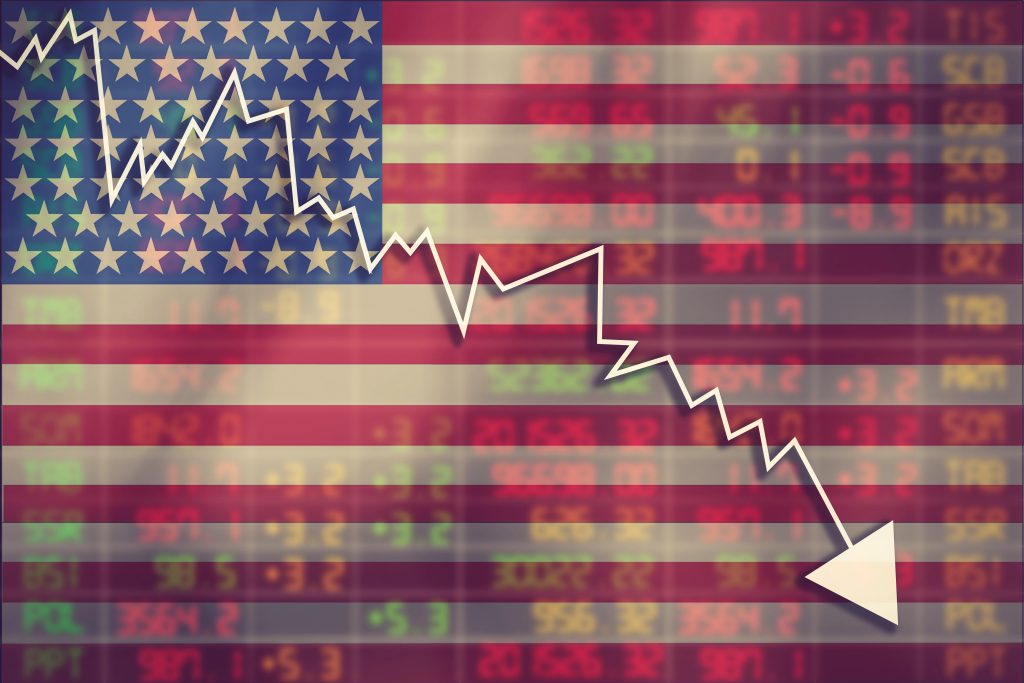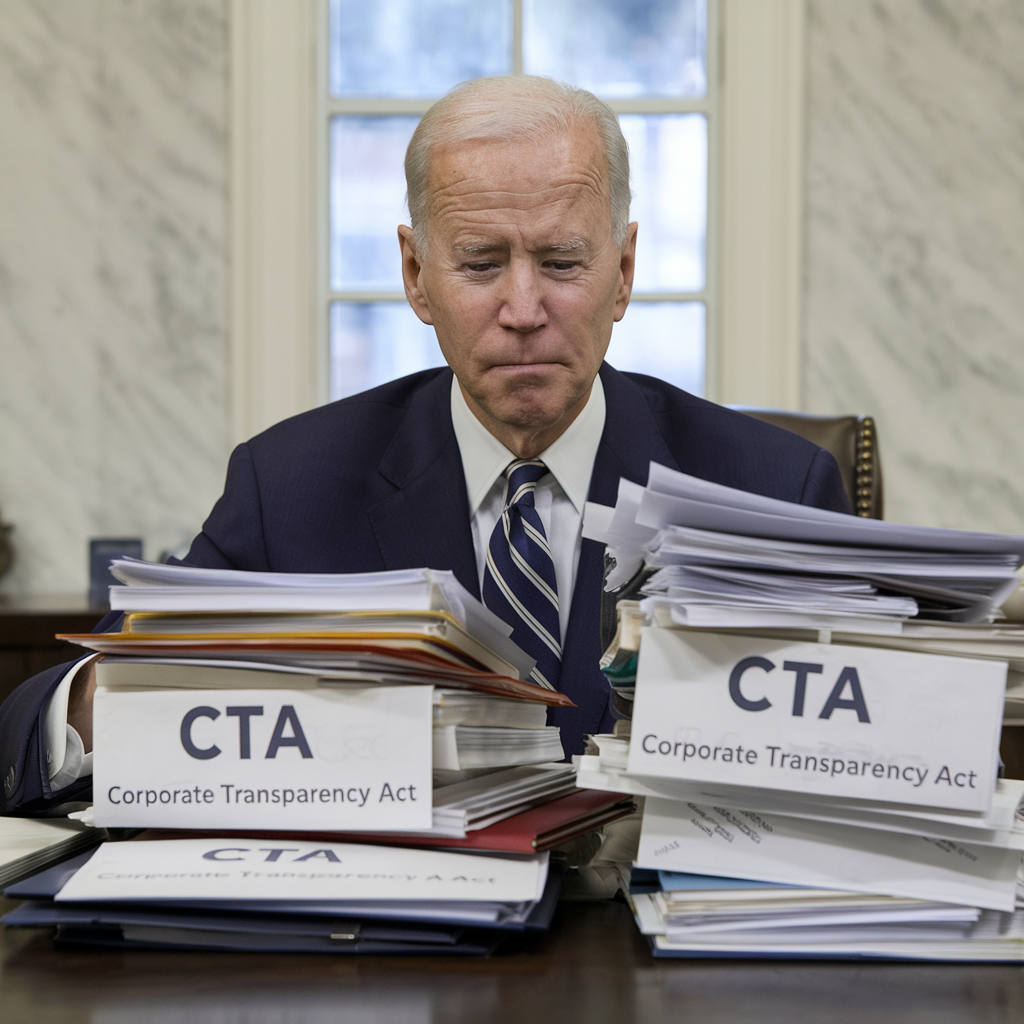September 29, 2014
London, England
[Editor’s note: This letter was written by Tim Price, frequent Sovereign Man contributor and Director of Investment at PFP Wealth Management in the UK.]
“Politicians and diapers have one thing in common. They should both be changed regularly, and for the same reason.” – Anonymous.
The French statesman George Clemenceau once commented that war is too important to be left to generals.
At this stage in the game one might be tempted to add that monetary policy is far too important to be left to politicians and central bankers.
We get by with free markets in all other walks of economic and financial life – why let the price of money itself be dictated by a handful of bureaucrats?
It should be striking that government bonds, in nominal terms, have never been this expensive in history, even as there have never been so many of them. The laws of supply and demand would seem to have been repealed.
As evidence for the prosecution we cite the US Treasury bond market, the world’s largest.
The US national debt currently stands at $17.7 trillion. With a ‘T’.
Benchmark 10 year Treasuries currently offer a yield to maturity of 2.5%. US consumer price inflation currently stands at 1.7%. (We offer no opinion as to whether US CPI is a fair reflection of US inflation.)
On the basis that US “inflation” doesn’t change meaningfully over the next 10 years, US bond investors are going to earn an annualized return just a smidgen above zero percent.
Now it may well be that US Treasury yields have further to fall. As SocGen’s Albert Edwards puts it,
“Our ‘Ice Age’ thesis has long called for sub-1% bond yields and I see this extending to the US and UK in due course.”
We nurse no particular view in relation to how the government bond bubble (for it surely is) plays out.
It could be that yields grind relentlessly lower for some time yet. Or perhaps they burst spectacularly on the back of the overdue return of economic common sense.
But as Warren Buffett himself once said, “If you’ve been playing poker for half an hour and you still don’t know who the patsy is, you’re the patsy.”
The central bank bond market poker game has been in train for a good deal longer than half an hour, and the stakes have never been higher.
Sometimes, if you simply can’t fathom the new rules of the game, it’s surely better not to play.
That’s why we’re not in the business of chasing US Treasury yields, or Gilt yields, or Bund yields, ever lower – we’ll keep our bond exposure limited to only the highest quality credits yielding the highest possible return.
Even then, if Fed tapering does finally dissipate in favor of Fed hiking (stranger things have happened, though we can’t think of any off the top of our head), it will make sense to eliminate conventional debt instruments from client portfolios.
But such madness is not limited to the world of bonds. Malign, unthinking mental slavery has fixed itself upon the equity markets, too.
It’s extraordinary that as stock markets have powered ahead, index trackers have enjoyed their highest ever inflows.
The latest IMA data show that more UK retail money was put into tracker funds in July than in any other month since records began.
In other words, retail investors are pouring into the market at its all-time high.
We accept the ‘low cost’ aspect of tracker funds and ETFs; we take serious issue with the idea of buying stock markets close to or at their all-time.
But there is a middle way between the Scylla of bonds at all-time low yields and the Charybdis of stocks at all-time high prices. Value.







